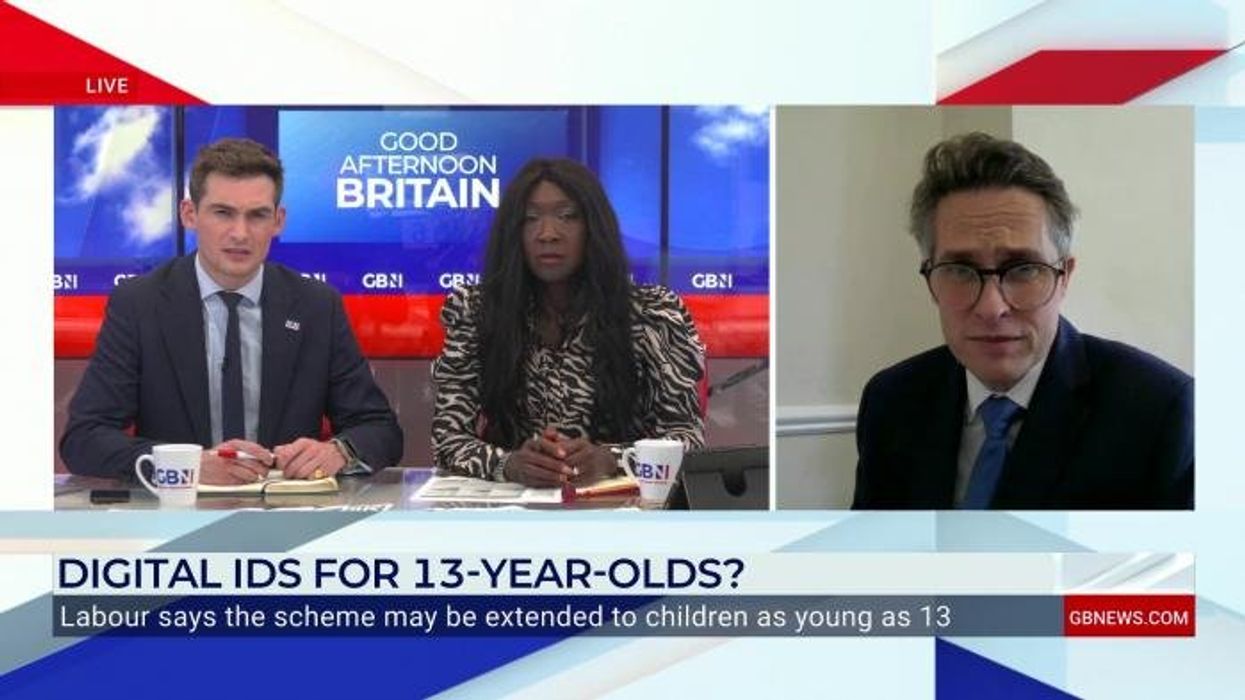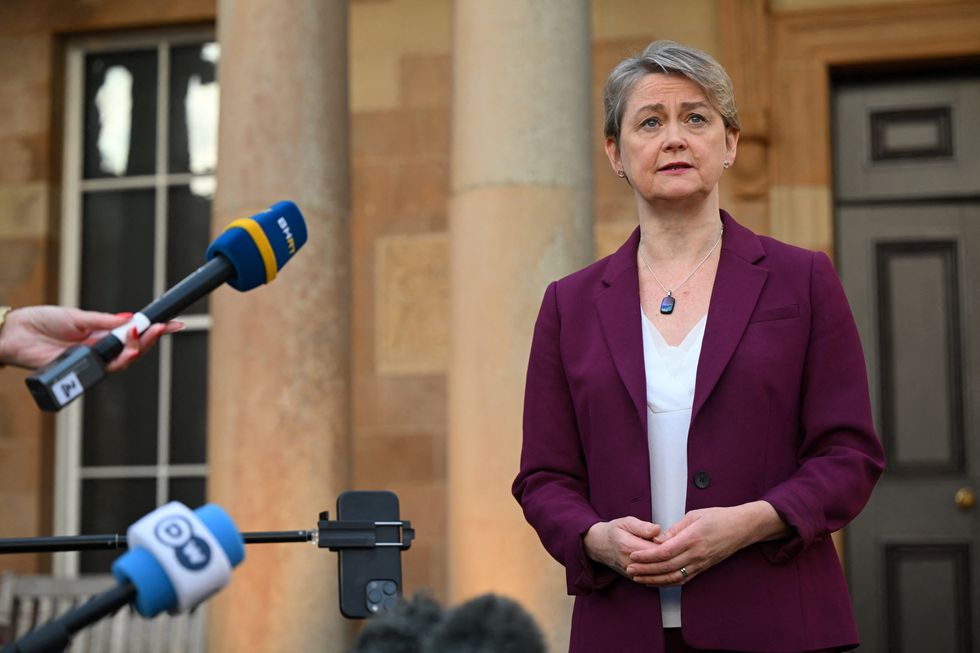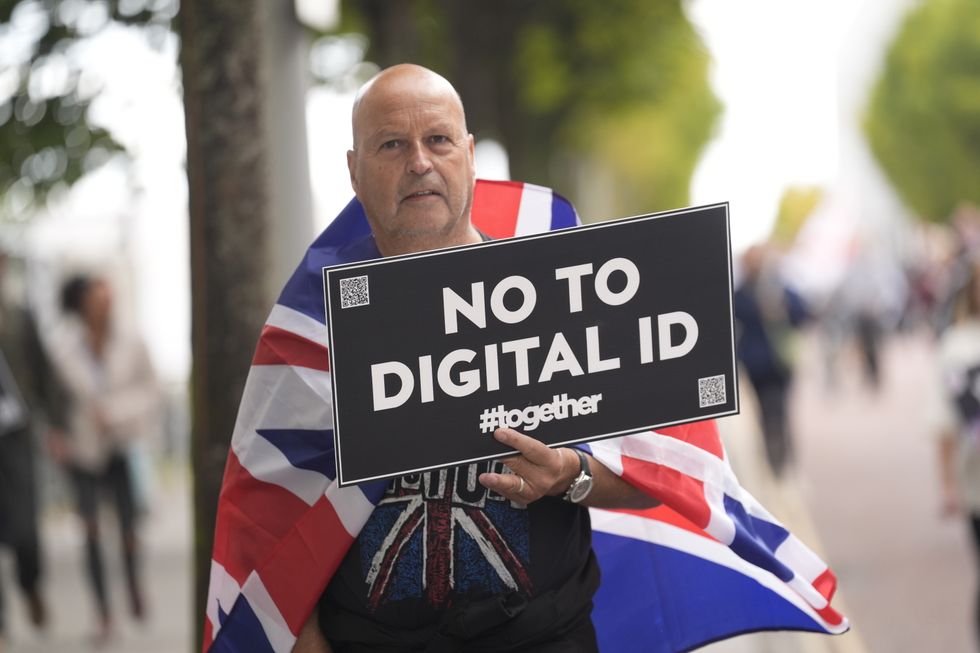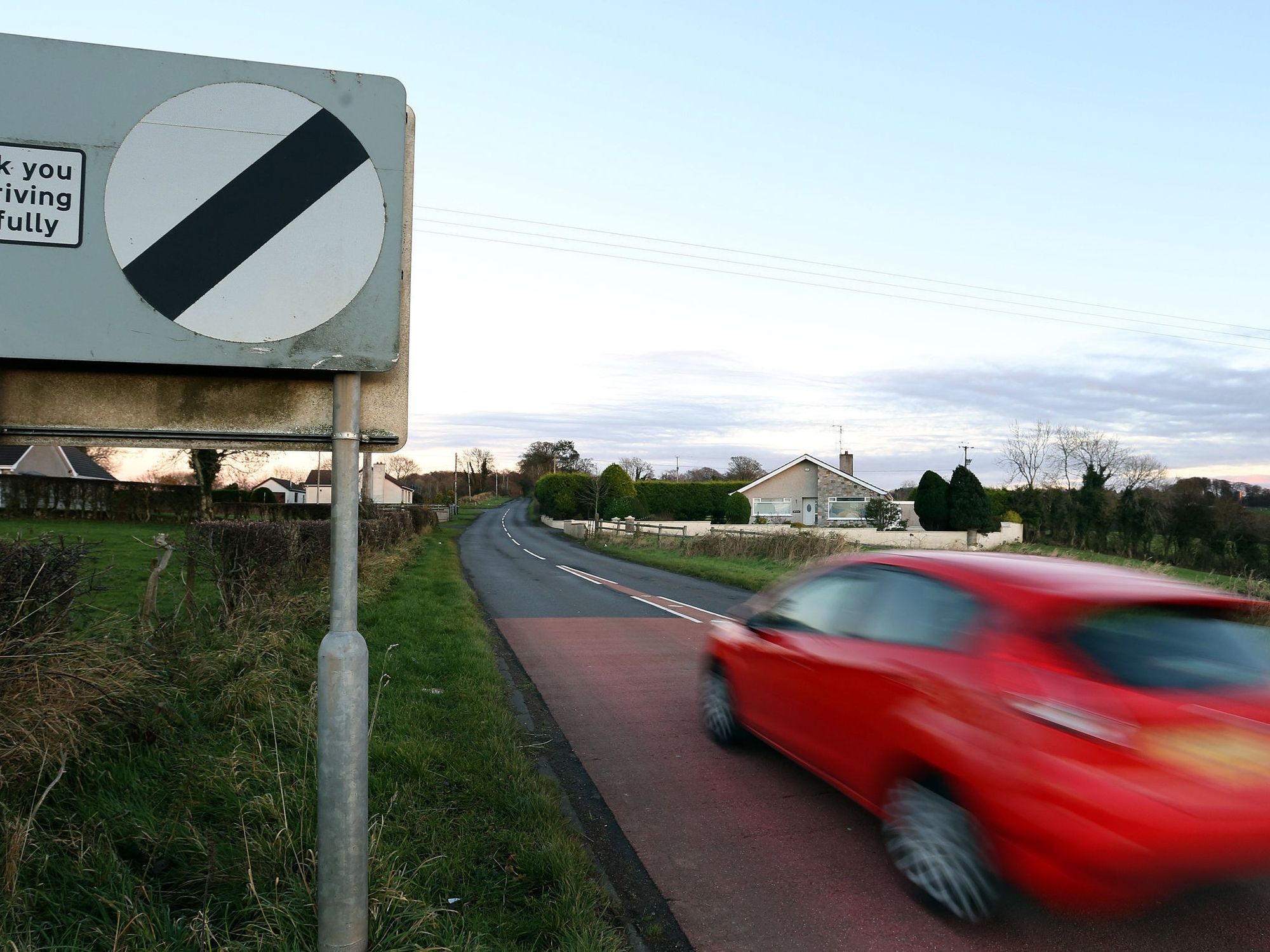Yvette Cooper DEFENDS plans to give digital IDs to children as young as 13

Gavin Williamson compares Keir Starmer's Digital ID card rollout to '1930s central Europe' |
GB NEWS

The Foreign Secretary said the system was the 'right way forward'
Don't Miss
Most Read
Trending on GB News
Foreign Secretary Yvette Cooper has defended the use of digital ID for children as young as 13 as pressure mounts on the Prime Minister to scrap the proposal.
Ms Cooper insisted the "standardised" system was "the right way forward" as she sought to reassure the public amid a wave of opposition to the scope of the Government's plans.
Sir Keir Starmer is seeking to widen his plans for use of the technology, which ministers had said would be used primarily to tackle illegal migration, to include management of public services like benefits and bill payments.
In its response to a petition against the measures, which has been signed by more than 2.8 million people, the Government said the system would cover everyone aged 16 or over but "we will consider through consultation if this should be age 13 and over."
TRENDING
Stories
Videos
Your Say
Ms Cooper said on Friday morning that similar forms of identification are already widely used and suggested the plans would offer consistency.
“Everybody has forms of digital ID, don’t they, now?” she said on LBC.
"I mean, we all have different ways of having to prove who we are...Lots of 13-year-olds already do (have a form of digital ID) and what the department is going to be consulting on is exactly how that should be taken forward.
"I do think that this is the right way forward, to have this standardised process now, and it’s something that we had been already setting out for people who come to work from abroad."

Yvette Cooper has defended the scheme
|REUTERS
During his trip to India this week, Sir Keir praised the country’s Aadhaar Digital ID system, which is far more extensive than the plans initially announced for the UK and involves the storing of biometric data, as a "massive success."
He signalled Britain could use the technology for services like banking, pointing to New Delhi’s scheme as an example, and said ministers must "make the case" for the "huge benefits" the scheme could offer.
Downing Street said Britain’s system would not necessarily copy India’s biometric data usage and signalled the UK scheme would be run by the public sector.
Digital ID appears to have become less popular among Britons since Sir Keir unveiled plans in September to make the technology mandatory to prove the right to work in the UK.
LATEST DEVELOPMENTS

Prime Minister Sir Keir Starmer and Prime Minister of India Narendra Modi
|REUTERS
Public support plummeted from 53 per cent in favour and 19 per cent opposed in June to 31 per cent in favour and 45 per cent opposed following the announcement, polling from More in Common suggests.
The Liberal Democrats said including younger teenagers in the scheme was "unnecessary."
"This is proof that the Liberal Democrats were absolutely right to warn about mission creep," the party’s technology spokeswoman, Victoria Collins, said.
"The Government is already plotting to drag teenagers into a mandatory digital ID scheme before it’s even off the ground. It’s frankly sinister, unnecessary, and a clear step towards state overreach."

Liberal Democrat spokeswoman for Science, Innovation and Technology, Victoria Collins warned against the scheme
|PA
Silkie Carlo, director of privacy campaign group Big Brother Watch, questioned the need for enrolling children into the system.
"At a time when parents are taking a critical view of whether children should have smartphones, it is shocking that the Government is considering enrolling children into this digital ID app," she said.
There was also warning from Green leader Zack Polanski, who told the party's annual conference: “From terrorist proscription against protesters, to banning journalists from their conference, to diving into a rushed, evidence-free plan for Digital IDs that are likely to discriminate against minorities.
"The alarm bells of authoritarianism are ringing loud and clear."
 The proposal would require all UK citizens and legal residents aged 16 and over to hold a free national ID card | PA
The proposal would require all UK citizens and legal residents aged 16 and over to hold a free national ID card | PAMore In Common suggested there was "good evidence that dissatisfaction with the Prime Minister and the Government has caused the collapse" in support, noting that 58 per cent of those who think Sir Keir is doing a bad job oppose the introduction of digital ID, while 20 per cent support their introduction.
By contrast, 72 per cent of those who think the Prime Minister is doing a good job support the scheme, compared with 14 per cent who oppose.
Meanwhile, of 2024 Reform voters, 55 per cent supported the scheme in June compared with 23 per cent who opposed, which has now flipped to 62 per cent opposed and 24 per cent in support.
Similarly, of 2024 Conservative voters, 65 per cent supported the scheme in June compared with 13 per cent who opposed, whereas now 44 per cent oppose it compared with 34 per cent who support it.
More From GB News










